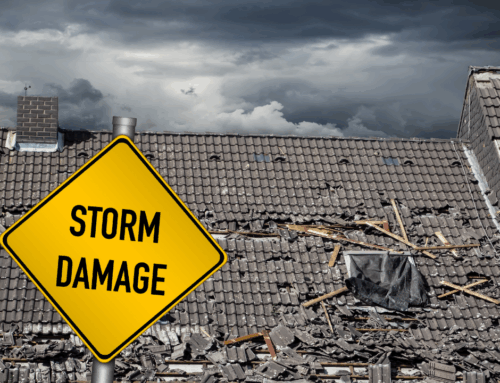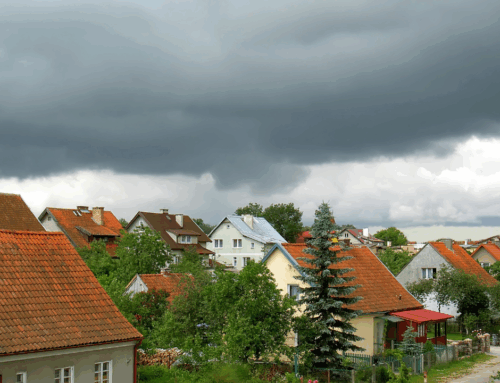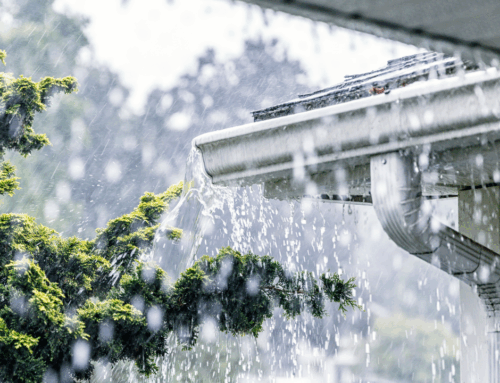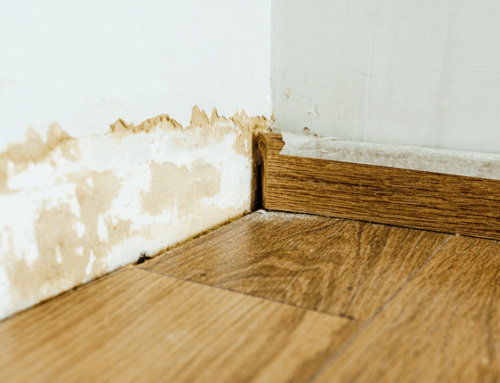Top Tips for Preventing Frozen Pipes This Winter
Winter brings its share of joys, from snow-filled days to cozy nights by the fire. However, it also comes with its share of challenges, including the risk of frozen pipes. When temperatures drop, water inside your pipes can freeze, causing them to burst and lead to costly water damage. At Xcel Restore, we’re experts in water damage restoration, but we’d much rather help you prevent problems before they start. Here are our top tips for preventing frozen pipes this winter.
Why Do Pipes Freeze?
Pipes freeze when exposed to temperatures below 32°F for an extended period. The water inside expands as it freezes, creating immense pressure that can cause the pipe to burst. This is particularly common in:
- Uninsulated pipes in basements, attics, or garages
- Outdoor pipes or faucets
- Pipes located along exterior walls
Understanding why pipes freeze is the first step toward prevention.
Tips for Preventing Frozen Pipes
- Insulate Your Pipes: One of the easiest and most effective ways to prevent frozen pipes is to insulate them. Foam pipe insulation is inexpensive, easy to install, and readily available at hardware stores. Focus on pipes located in unheated areas like basements, attics, and garages.
- Seal Gaps and Cracks: Cold air can seep into your home through gaps and cracks around windows, doors, and walls. Use caulk or weather stripping to seal these openings and keep the cold out. Pay extra attention to areas where pipes enter your home.
- Keep the Heat On: Even if you’re leaving your home for an extended period, keep the thermostat set to at least 55°F. This helps maintain a consistent temperature inside your home and prevents pipes from freezing.
- Allow Faucets to Drip: Letting your faucets drip slightly can keep water moving through the pipes, reducing the likelihood of freezing. This is especially important for pipes located along exterior walls.
- Open Cabinet Doors: Pipes under sinks are often located against exterior walls, making them more prone to freezing. Open cabinet doors to allow warm air to circulate around these pipes.
- Disconnect Outdoor Hoses: Leaving hoses connected to outdoor faucets can trap water in the hose bib, increasing the risk of freezing and bursting. Disconnect all outdoor hoses and store them indoors for the winter.
- Drain Outdoor Pipes: Turn off the water supply to outdoor faucets and sprinkler systems, then drain any remaining water. This prevents standing water from freezing and damaging the system.
- Install Heat Tape or Cable: For pipes that are especially vulnerable, consider using heat tape or heat cables. These devices are designed to keep pipes warm and prevent freezing. Be sure to follow manufacturer instructions for safe use.
What to Do If Your Pipes Freeze
Despite your best efforts, pipes can sometimes freeze. If this happens, act quickly to minimize damage:
- Turn Off the Water Supply: Shut off the main water valve to prevent further pressure buildup.
- Thaw the Pipe: Use a hairdryer, heat lamp, or portable space heater to gradually warm the frozen section. Never use an open flame.
- Call a Professional: If you’re unable to thaw the pipe or suspect a burst, contact a plumber or restoration expert immediately.
Trust Xcel Restore for Water Damage Prevention and Restoration
Preventing frozen pipes is crucial for avoiding costly repairs and water damage, but accidents can still happen. If you find yourself dealing with frozen or burst pipes, Xcel Restore is here to help. Our experienced team specializes in water damage restoration, ensuring your home is safe and secure. Contact us today to learn more about our services or to schedule a consultation. Stay safe and warm this winter, and let us help you protect your home from the unexpected.




